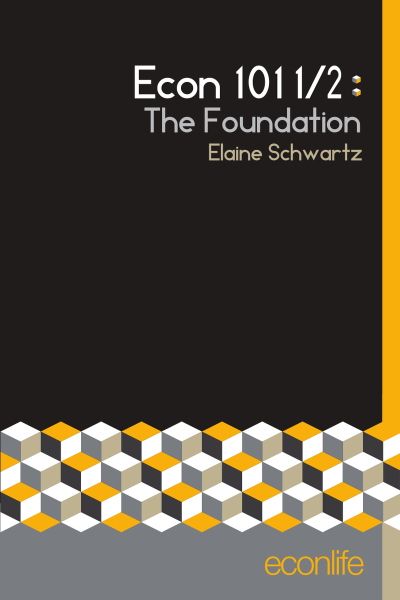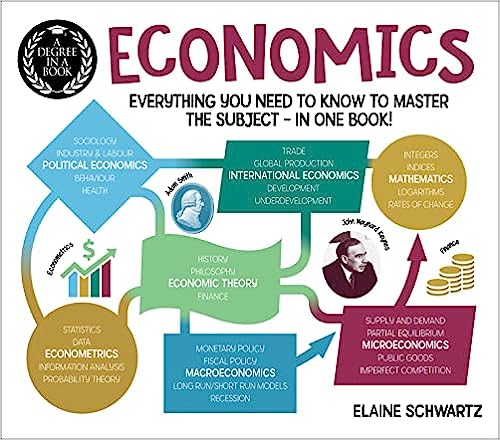#TBT: Today’s Throwback Thursday looks back to why Standard Oil was divided into 34 companies by the Supreme Court in 1911 and then forward to Amazon.
Why Starbucks Has a Multi-Billion Dollar Name
Valued at billions of dollars, Starbucks has developed a global brand that added to what the Starbucks name was worth to Nestlé.
Why We Need Holey Cow and Other Cheesy Names
Even U.S. cheesemakers suffer when the EU (European Union) says you can’t use a label like Parmesan or feta because your cheese wasn’t made in the required place.
The Mystery of the Footlong Sandwich’s Missing Inch
When a Subway footlong is 11 inches and a box of Whoppers is half full, we can ask about the lawsuits that tried to remedy their misleading packaging.
How Star Wars Makes So Much Money
Combining Disney’s market power as an oligopoly with Star Wars legendary franchise, you wind up with massive Star Wars revenue.
Why Google Just Got a Parent Called Alphabet
By rebranding Google as Alphabet, it can have a clearly defined parent while Google, as an oligopoly, can keep its brand’s product differentiation.
How Honeycrisp is Similar to American Pharoah
With the creation of the Honeycrisp, perfect competition became monopolistic competition in the apple industry and quality and quantity incentives changed.
Weekly Roundup: From Apple’s Chimes to Boston’s Olympics
Our everyday economics includes innovation, incentives, environment, regulation, gender,monopolistic competition, oligopoly ,intellectual property and cost,
The Sounds That Can Sell a Product
For monopolistic competition and oligopoly, firms can achieve product differentiation through sounds that are associated with one good or service.
Weekly Roundup: From Free Delivery to Expensive Coffee
Our everyday economics includes competition, progressive taxes, free trade, externalities, sunk cost, productivity, supply chain, incentives, & tradeoffs.

















